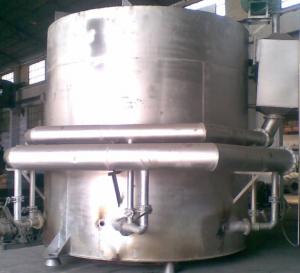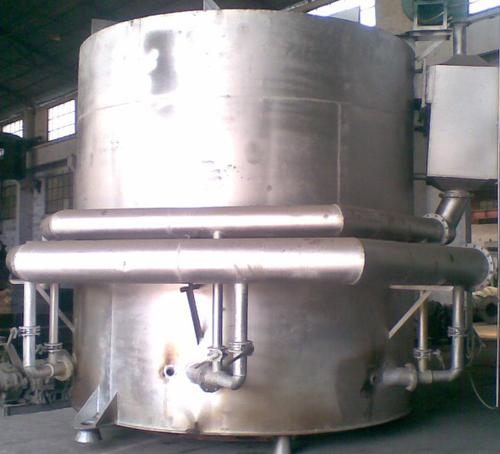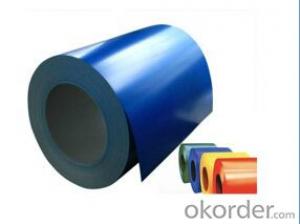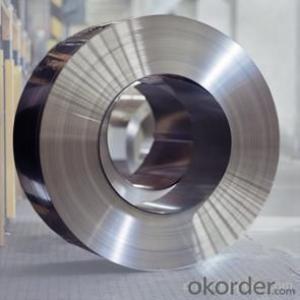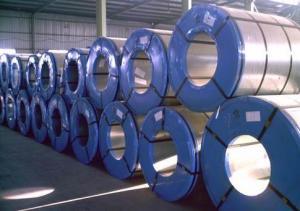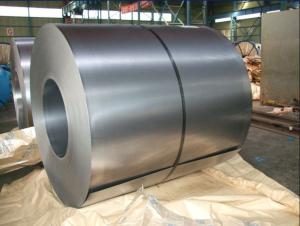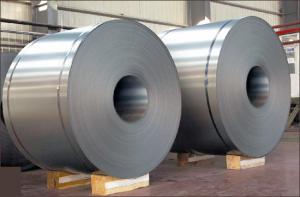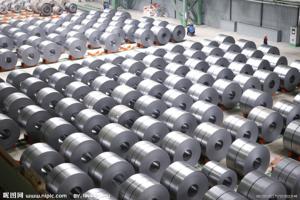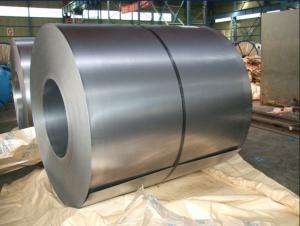Bright Anneal Cold Rolled Steel-EN10130 DC01-4
- Loading Port:
- Tianjin
- Payment Terms:
- TT OR LC
- Min Order Qty:
- -
- Supply Capability:
- 4000吨 m.t./month
OKorder Service Pledge
OKorder Financial Service
You Might Also Like
SPECIFICATION
1) Capacity: about10,000 ton per month for steel strip/tape product
2) Thickness: from 0.20mm to 3.5mm, all available.
3) Width: from 15mm to 600mm, all available.
4) Grade: Q195, SGCC, DX51D
5) Coil weight: from 50kg to 7000kg, all available.
6) Coil ID: 100mm - 508mm
7) Coil OD:500mm-1300mm
9) Tensile strength: 28.1-49.2kgf/mm2
10) Zinc coating weight: Min. 60g/m2, double side
11) Spangle: regular spangle, minimized spangle, zero spangle
12) Surface treatment: chemical passivating treatment, oils,passivating oils
13) Min trial order 5ton each thickness, 1 x 20' per delivery
14) Components: C%≤ 0.07, Si%≤0.03, Mn% ≤ 0.50, P% ≤ 0.025,S% ≤ 0.025, Alt% ≥ 0.02
It is the basedmaterial for galvanized steel coil and pre-painted galvanized steel coil. It iswidely used in light industry for making tank, furniture, pipe, refrigerators,washers, freezer plate, air conditioner, micro-wave oven, water heater,soot-such machine, electric rice cooker, electric roaster oven, dryers andautomobile etc. In the other application industries, it’s mainly used forenameling, office furniture, burglarproof door, electronic element, fastenerbattery, hardware, automotive fitting etc.
Eye to sky package: Anti-damp paper inside fullwrapped with plastic film, iron sheet outside on wooden pallet in 20 feetcontainer with 25mt.
- Q: The hard industrial steels. If there's a bunch, what's a rough average? Also, what is is measured in?
- There is no average, it depends on the type of steel (hundreds) and the (heat/surface) treatment (infinite possibilities). The Rockwell hardness range covers a large scale so for any given range there is a suffix (C is used for most steel) to denote the selected range. The number is a dimensionless constant that correlates to the strength of the material. Materials can also be surface (case) hardened and then the bulk material will be soft and the surface will be hard, this is typical for items like gears and cams that have rolling wear but are not very heavily stressed to require bulk hardness. Most steel that is hardened is first machined to size and then hardened. If more accuracy is required, they are machined to just over net size, hardened and then ground to the final size as the heat treatment can change the size and shape a little as stresses are released. Some examples: Very hard steel (e.g. a higher quality knife blade): HRC 55–66 Axes, chisels, etc.: HRC 40–45 4140 Cr Mb Steel HRC 28 - 36 , bulk hardened to HRC 54, Nitride case hardened to HRC 60 P20 tool steel can be bulk hardened to over HRC 55 and then tempered down from HRC 51 to 28
- Q: How do steel coils withstand extreme temperatures?
- The unique composition and manufacturing process of steel coils enable them to endure extreme temperatures. Steel, the primary material in coils, consists of iron and carbon, forming an alloy with exceptional thermal properties. With a high melting point of up to 2,500 degrees Fahrenheit (1,370 degrees Celsius), steel remains structurally stable even in intense heat. Additionally, the annealing process is commonly applied to steel coils. This involves heating the steel to a specific temperature and gradually cooling it down. By relieving internal stresses, annealing enhances the steel's resistance to thermal expansion and contraction. It also reduces internal defects, thereby improving the overall strength and durability of the steel, enabling it to better withstand extreme temperatures. Furthermore, protective coatings are often applied to steel coils to provide additional resistance against temperature fluctuations. These coatings, such as galvanized or zinc coatings, act as a barrier between the steel and the external environment. They effectively prevent oxidation, corrosion, and other forms of degradation that can occur when exposed to extreme heat or cold. In conclusion, the ability of steel coils to withstand extreme temperatures can be attributed to the inherent properties of steel, the annealing process that relieves internal stresses, and the protective coatings that offer an extra layer of resistance. These factors work in harmony to ensure that steel coils maintain their structural stability and performance, even in the most challenging temperature conditions.
- Q: Can steel coils be coated with epoxy?
- Yes, steel coils can be coated with epoxy. Epoxy coatings provide protection against corrosion and enhance the durability and lifespan of the steel coils.
- Q: What is the minimum temperature that steel coils can withstand?
- The minimum temperature that steel coils can withstand depends on the specific grade of steel and its intended application. However, in general, most steel coils can withstand temperatures as low as -40°C (-40°F) without significant damage or structural failure.
- Q: Can steel coils be coated with heat-resistant materials?
- Yes, steel coils can be coated with heat-resistant materials.
- Q: What are the common uses of coated steel coils?
- Coated steel coils are commonly used in various industries such as construction, automotive, appliances, and electronics. They serve multiple purposes including structural support, corrosion resistance, aesthetic appeal, and durability. These coils are extensively used for manufacturing roofing materials, siding, gutters, HVAC systems, automotive body parts, and electrical enclosures, among many other applications.
- Q: Hey do you know what is Steel Arch Building and how it looks like exactly??
- Typically, okorder /
- Q: not iron, steel
- steel was first used in the 1800s in buildings.
- Q: How are steel coils used in the manufacturing of renewable energy equipment?
- Steel coils are used in the manufacturing of renewable energy equipment as they serve as a crucial component for structural support and durability. These coils are often used to construct the frames and structures of wind turbines, solar panels, and other renewable energy equipment. Additionally, steel coils are used for the production of electrical transformers and generators, which are vital for converting renewable energy sources into usable electricity.
- Q: how do i quinch steel? i heard instead of water oil will actually make it harder... wat ways are best for wat steels? and how do i tell wat kind of steel i have?... i will be doin this with my poket knife..
- boy what a though question ! let me explain. when you rapidly cool a steel from high temperatures(depending on steel type) with water or oil or other means , it is called quenching. it depends on the steel type to say if it is better to quench it with oil or water but basically in water you will have a harder steel rather than oil. for some steels if you do this you will ruin it's properties ! you can't totally tell what kind of steel do you have until you get it analyzed with Quantometer analyzer with a pocket knife it is more like an estimation and it can't be trust able generally if you can scratch the steel with your knife it means it is not a hard steel and it might not be expensive. I hope that helps but for more information i need to know more !
Send your message to us
Bright Anneal Cold Rolled Steel-EN10130 DC01-4
- Loading Port:
- Tianjin
- Payment Terms:
- TT OR LC
- Min Order Qty:
- -
- Supply Capability:
- 4000吨 m.t./month
OKorder Service Pledge
OKorder Financial Service
Similar products
Hot products
Hot Searches
Related keywords
